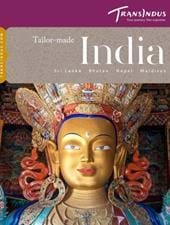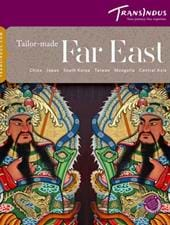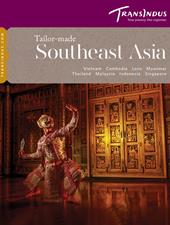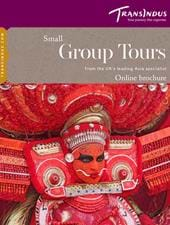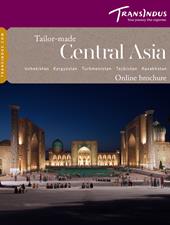On the western edge of Sichuan’s Red Basin, Chengdu is the largest city in Western China, with an ultra-modern, high-rise centre that belies its role as a regional capital for over 4,000 years. Brocaded silk from here found its way to the bazaars of ancient Rome, and the city’s presses were the source of the world’s first printed bank notes. Today, however, the Sichuan capital is best known as the bastion of China’s beloved Giant Panda.
Between trips to see the bears, it’s worth exploring the few precious pockets of traditional culture surviving amid all the modernity, notably around narrow, wood-fronted Jinli Street, where for a thousand years or more locals have come to play cards and mah-jong in delightful Ming-era teahouses. Settle into a bamboo chair and order a flask of jasmine tea, as plumes of steam from the samovars catch sunbeams streaming through the split-cane ceiling blinds. The street is also a great place to pick up traditional embroidery, lacquerwork, musical instruments and shadow puppets.
Close to Jinli Street, the Wuhou Shrine is a rare architectural gem from Ming times, featuring koi ponds, willow groves and bonsai-studded rockeries in its precincts. Another vestige of Chengdu’s past that’s been beautifully restored is the Wide Lanes Narrow Lanes enclave, which comes alive after work hours, when locals and visitors flock to the bars and restaurants lining its stone-paved streets to see performances of traditional Sichuan Opera and ‘Face Changing’ shows by troupes of richly costumed actors and musicians. While you’re in the neighbourhood, try a plate of Sichuan’s famously tasty dumplings, spiced with red peppercorns.

